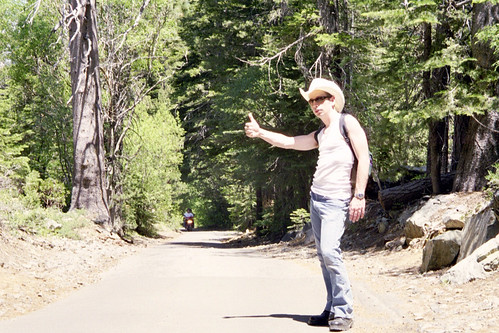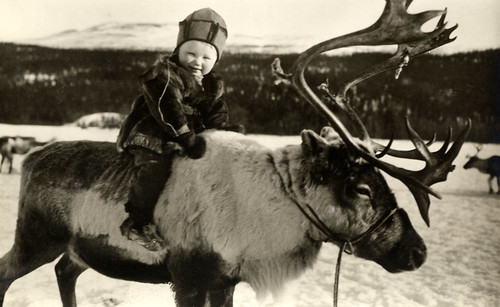
The most shocking thing about New Zealand is how few people there are here. I hail from California, where millions of people pack in, battle gridlock traffic, try to ignore the smog, and pay a premium to do so. So you would expect a land even more beautiful than California with comparable infrastructure would be swarming with people. Not the case.
It’s high season, which means the country is absolutely swarming with visitors from all over the world. Relatively swarming. Despite this huge influx of people, there is a rather deserted feeling – on some highways we would go well over 10 minutes without passing another car.
New Zealand is a little longer and much skinnier than California – in terms of area, it’s only 63% of the size, roughly equivalent to chopping off everything north of San Francisco. But with only 4.4 million people, New Zealand is quite empty compared to California’s 38 million. In fact, if New Zealand were a state, it would be the 27th largest most populous, right between Kentucky and Oregon.
A country with this much space has a different set of problems than what I am accustomed to back home. Take what you know about the difficulties of renewable energy, the malice of the lumber industry, the stagnancy of politics, and the horrors of factory farming – throw out all those old beliefs. You must reevaluate with the facts of New Zealand.
I won’t explore all of these in this post, but as a vegetarian I do want to quickly share my thoughts on the meat industry in New Zealand. Have you seen the “happy cows come from California†commercials? Anyone who has driven past cow-schwitz on the 5 freeway knows this is false propaganda. In New Zealand however, the cows must be happy. They have huge amounts of gorgeous land to roam and actually eat what comes naturally, grass (in the US cows eat corn and get sick because they aren’t well equipped to handle it, but are kept alive with anti-biotics long enough for the growth hormones to fatten them up).
Simply put, New Zealand doesn’t have the same factory farming issues that the United States has. Therefore, if I were to have grown up in New Zealand, I would not be a vegetarian right now. And yet I am not gorging on meat while here, why not? I firmly believe in the message in this Jack Canfield quote –
“One-hundred percent commitment is a breeze, 99 percent is a bitch. If you’re 100-percent committed, you never have to re-decide. It’s a done deal. If you commit 99 percent, every day you have to re-decide.â€
Credit to Jonah for the cow-schwitz term. (It’s a play off Auschwitz, the infamous concentration camp)
Photo: Christopher Hynes










